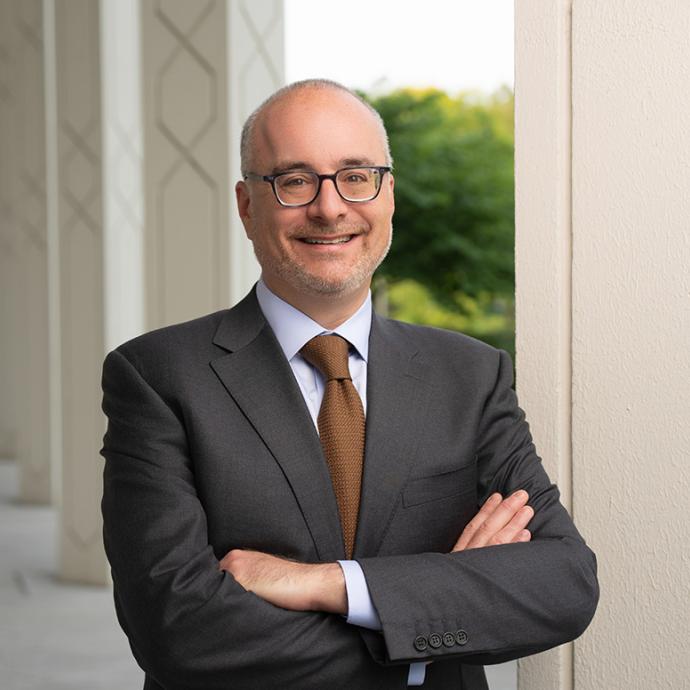Three University of Chicago scientists each have been awarded $1.5 million grants over five years from the National Institutes of Health in support of their innovative, high-impact biomedical research.
Asst. Profs. Nicolas Chevrier and Jun Huang of UChicago’s Institute for Molecular Engineering and Asst. Prof. Mark Sheffield of the Department of Neurobiology have received NIH Director’s New Innovator Awards. Given to exceptionally creative scientists at early stages of their careers, these awards support unconventional approaches to major challenges in biomedical and behavioral research.
Chevrier and his team develops interdisciplinary approaches and tools to study how the immune system functions from the molecular and cellular levels up to tissues and entire organisms. His team seeks to describe the processes at play during protective immune responses and use that information to manipulate immunity against disease.
With funding from the award, Chevrier and his research group aim to make discoveries that could lead to the development of new immune system-based therapies to treat cancer and infectious diseases.
“This grant will provide the support to build an interdisciplinary team of researchers and pursue high-risk, high-reward research questions,” Chevrier said. “We will be able to expand on our vision of how to use the immune system to fight cancer.”
Huang studies the immune system and its role in treating infectious diseases and cancer. Using single-molecule and single-cell imaging techniques, single-molecule biomechanical assays, and high-throughput systems biology methods, his team concentrates on deciphering the role of a complicated immune cell called the “Natural Killer,” or NK cell.
Huang and his group will use funds from the grant to develop novel tools and techniques to further study the complex NK cells.
“NK cells play a key role in fighting a broad range of diseases, and they are one of the prime candidates for cancer immunotherapy,” Huang said. “Our lab has unique technological advantages in revealing the molecular mechanisms of NK cell recognition, providing the basis for future treatments and therapies of infectious diseases and cancer.”
A neurobiologist, Sheffield focuses on understanding how memories are formed in the brain. His team’s goal is to reveal the features of neural function for the storage and recall of specific memories, and provide insight for the development of treatments for memory disorders such as Alzheimer’s disease and PTSD.
The award will allow his lab to implement a high-risk, high-reward approach to identify, measure and manipulate specific memories deep in the brain at an unprecedented level.
“Typical funding mechanisms would consider our approach too risky, which would prevent us from moving forward with these types of experiments and force us to do something ‘safer,’ and arguably less interesting,” Sheffield said. “The New Innovator Award has created excitement within my lab, as we are now being supported to pursue what we think are some of the most exciting experiments in the field of memory research.










 —Prof. Kunle Odunsi
—Prof. Kunle Odunsi
